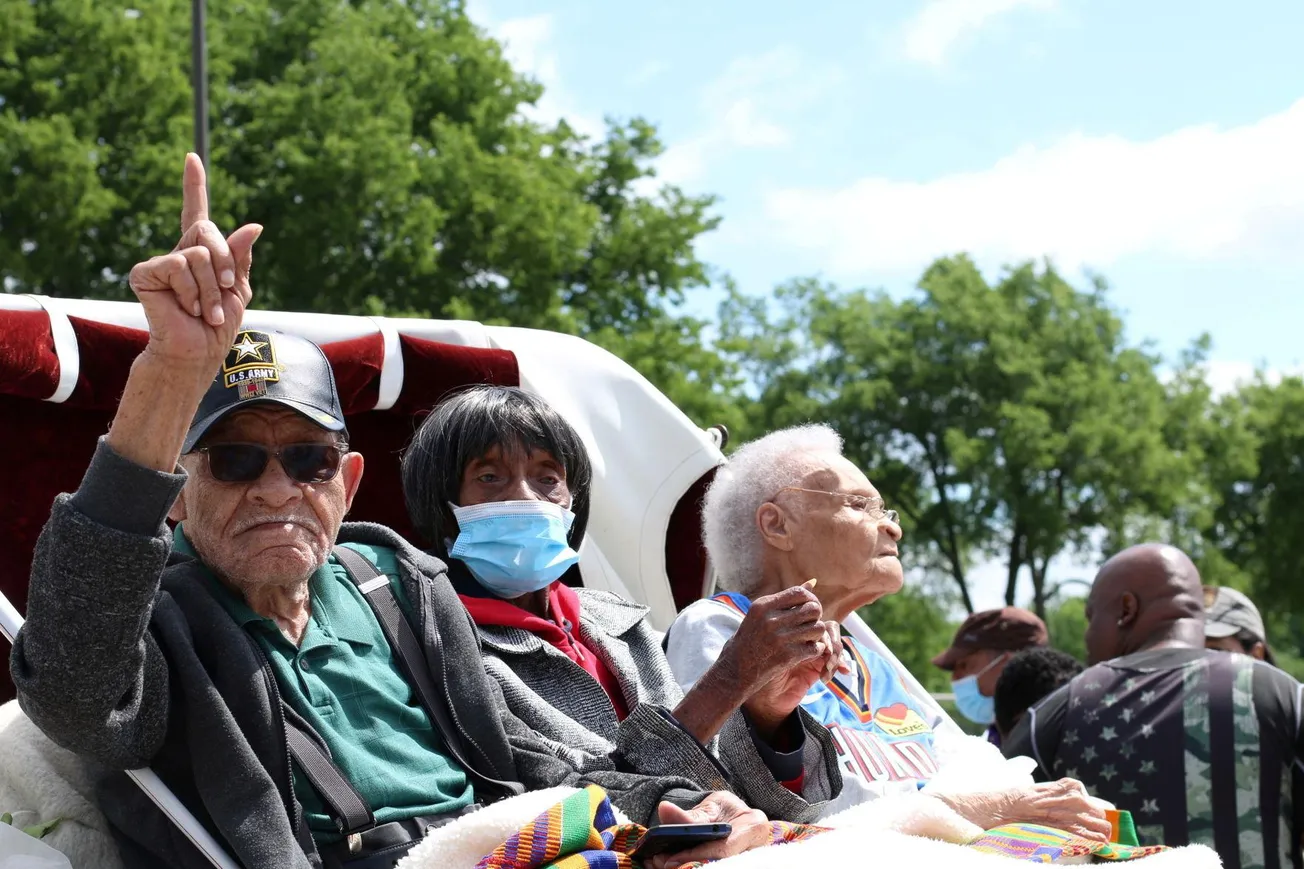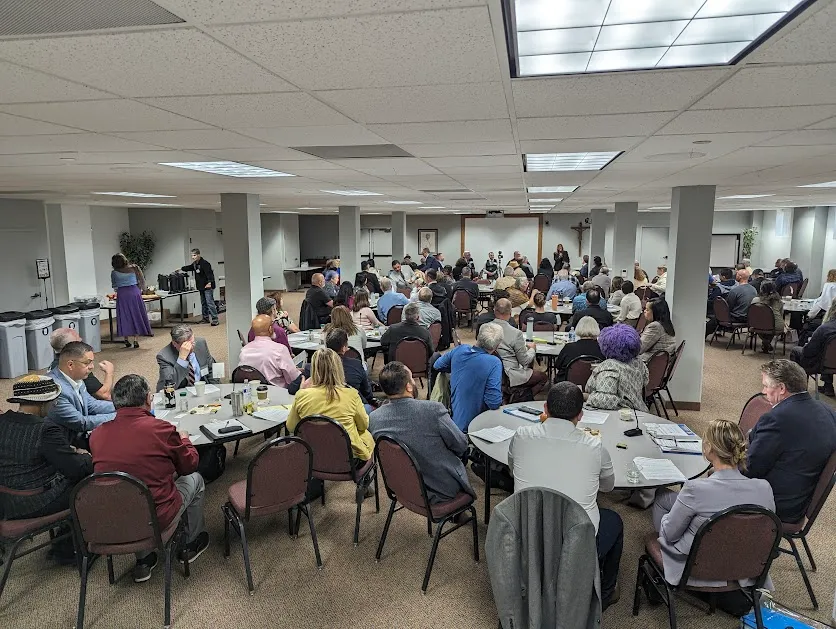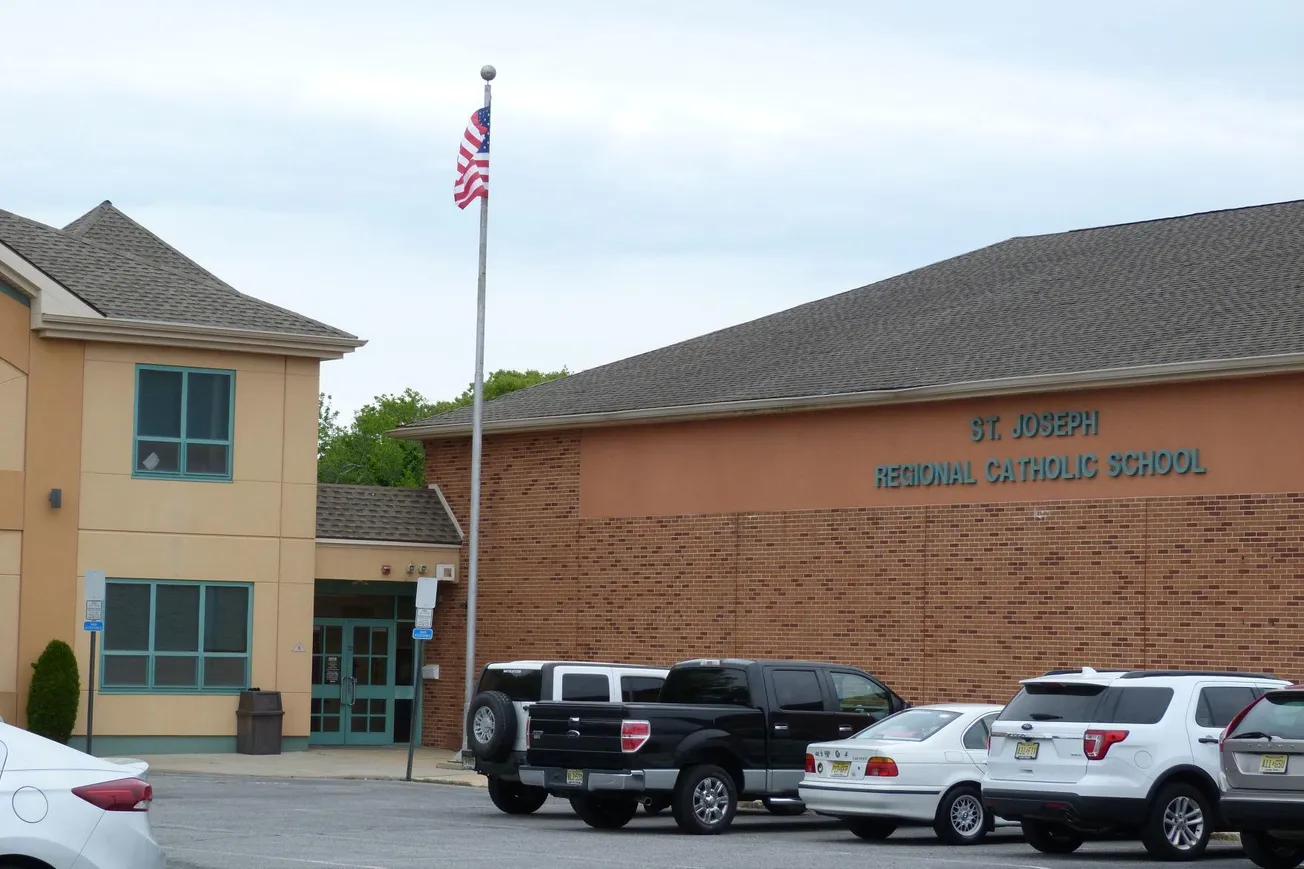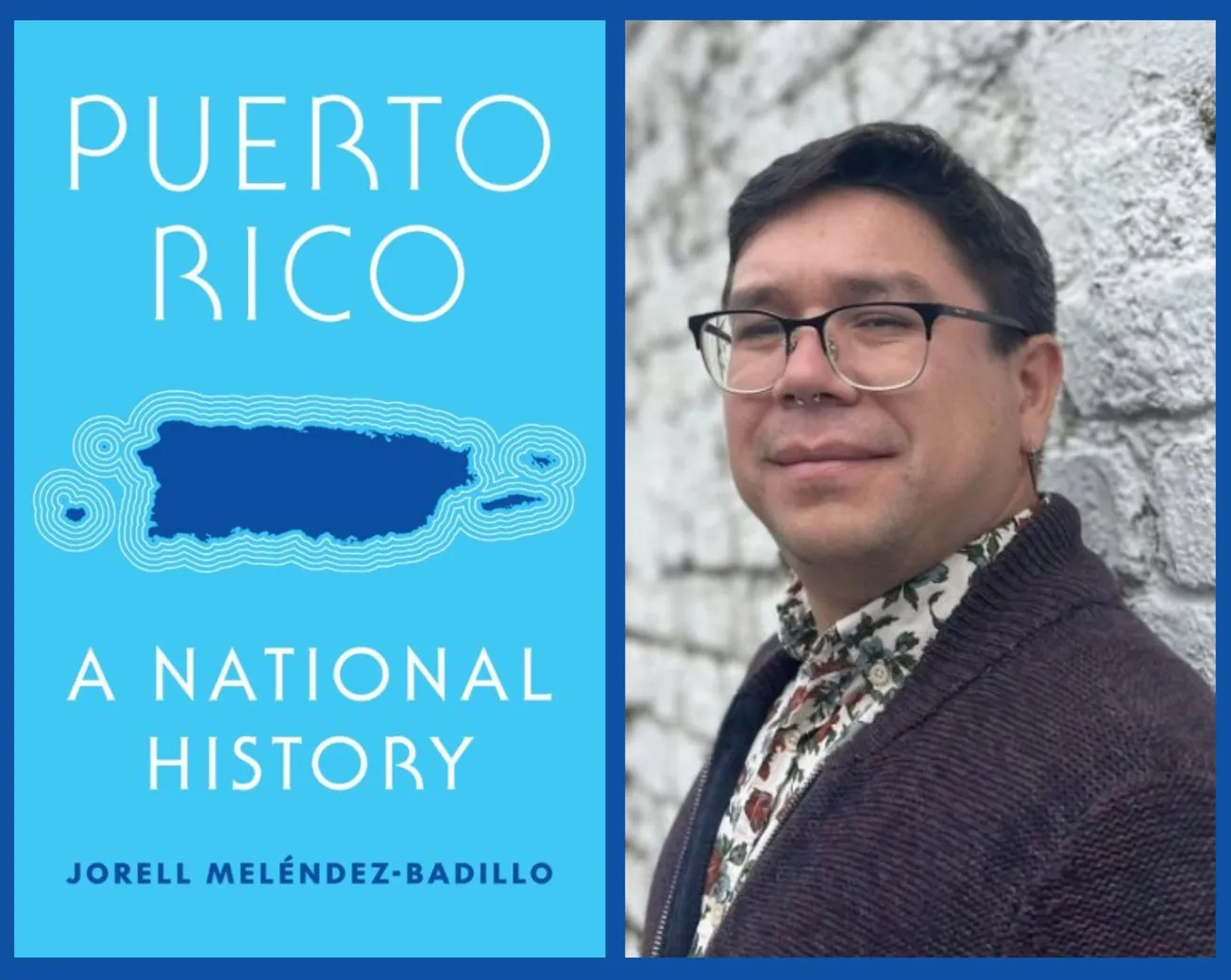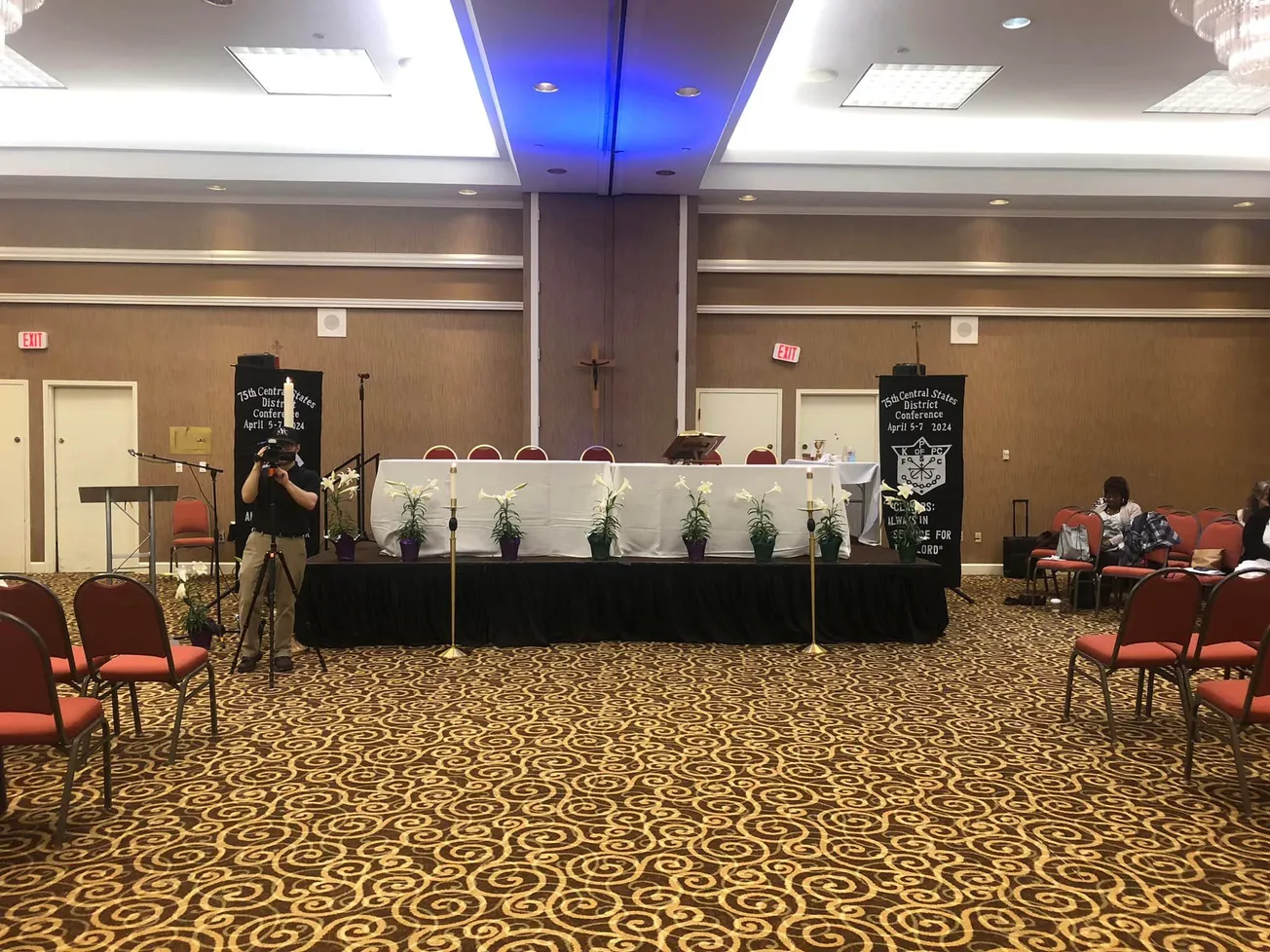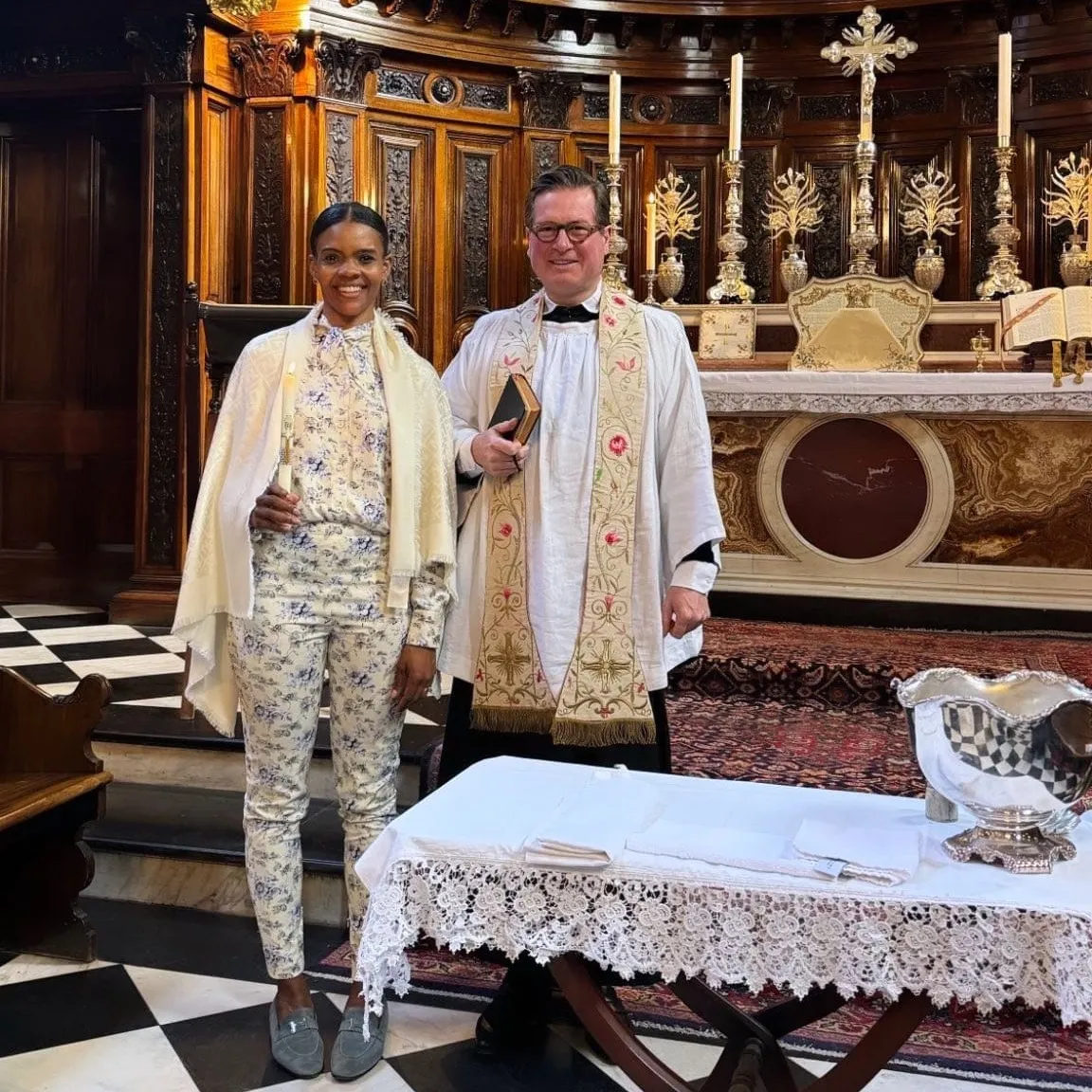The last remaining survivors of the 1921 Tulsa Race Massacre have appealed the recent dismissal of their lawsuit against the city, its government, as well as the local police and state military. Their case will now go before the Oklahoma Supreme Court, in a last-ditch effort to obtain remuneration for the three centenarians: Viola Ford Fletcher, her younger brother Hughes Van Ellis Sr., and Lessie Benningfield Randle.
Their legal team announced the news on August 7 at a press conference in downtown Oklahoma City, led by attorney Damari Solomon-Simmons—the man behind much of the public charge backing the survivors’ case, originally filed in district court in 2020.
“They've been waiting just like every other victim and survivor of the massacre for just an opportunity to have their day in court,” Solomon-Simmons said to the media on the steps of the state Supreme Court building.
“If this truly is a nation of laws and a state that's based upon the law, these clients, these survivors, will get the opportunity that no one else who suffered the massacre had.”
Press Conference: Tulsa Race Massacre Survivors and Legal Team Will Discuss Their Appeal to the Oklahoma Supreme Court https://t.co/n44tvgIcla
— Damario Solomon-Simmons (@AttorneyDamario) August 7, 2023
The case’s winding road to the state Supreme Court dates back more than a century, to the two days of violence that originally destroyed the thriving Black community of Greenwood, a prosperous section of downtown Tulsa also known as “Black Wall Street.” In response to a claim of Black-on-White violence, a White mob attacked and burned the district to the ground, killing as many as 300 and leaving thousands of African Americans displaced. Hundreds more were injured.
More recently, the three living survivors have been locked in a battle with the government over the right to restitution. The city and state have long claimed that because the survivors of the incident are almost all dead and more than a hundred years have passed, they don’t owe the victims anything. A previous lawsuit filed in 2003 also sought reparations but was dismissed in federal court two years later.
The survivors now allege, however, that a coalition of government leaders helped exacerbate the incident as it unfolded, giving assistance not to the fleeing Black residents but to their attackers, damaging property and violating the public nuisance statute of Oklahoma state law.
“The facts of this case fit squarely within the common law property-based limitations that have shaped Oklahoma’s public nuisance statute for more than a century,” said Solomon-Simmons, who also heads the Justice for Greenwood Foundation.
“The District Court unlawfully imposed on Survivors a heightened pleading standard that has never been adopted by a court in Oklahoma.”
Judge Caroline Wall, who dismissed the plaintiffs’ complaint with prejudice on July 7, ruled that the public nuisance charge required the spelling out of a specific remedy that would resolve the claim—before a trial can be granted.
“Why does the court hold survivors of the race massacre to a different standard than every other litigant in Oklahoma?” asked Eric J. Miller, who serves as co-counsel for the three survivors’ and is a professor at Loyola Marymount University in Los Angeles.
“In our case, Judge Wall created a whole new law to make it harder for our clients to move forward and achieve justice.”

On Monday, the counsel for the Oklahoma Military Department responded to the Supreme Court appeal, rejecting talks of a settlement and saying that the survivors cannot prove the OMD is still responsible for their claims of nuisance. He further denied that the military participated in the violence.
Community lore has long alleged that military aircraft were involved, and the Oklahoma National Guard is known to have brought armored vehicles to the city and also removed thousands of Black residents from Greenwood into detention centers.
In an appearance this spring on MSNBC, Ellis—a 102-year-old Black Catholic convert now living in Colorado—expressed hope that the story of the massacre and its enduring effects will become more well-known as he and his fellow survivors continue to press forward with their legal action. The comments echoed those of an interview just weeks prior in Denver.
“People gotta know about it,” he told The Denver Local, a city-run media outlet.
“That's what we are trying to do now. Trying to get people to know about history.”
Fletcher, 109, is also working diligently to promote knowledge of the massacre, publishing the first memoir from a survivor earlier this year, “Don't Let Them Bury My Story: The Oldest Living Survivor of the Tulsa Race Massacre in Her Own Words.”
On Tuesday, The Oklahoma Supreme Court agreed to review the survivors’ case, which will now go before the nine justices—all of whom are White and six of whom were appointed by Republican governors. One of them, Dana Kuehn, is a native of Tulsa.
In their appeal, the survivors have specifically requested an opportunity for oral argument—that is, to take the stand and make their case, more than a hundred years after their homes were burned and they became domestic refugees.
“As is well known, during the massacre municipal and county officials ‘deputized and armed many whites who were part of a mob that killed, looted, and burned down the Greenwood area’,” their motion reads, quoting the 2001 report from the Oklahoma State Legislature’s official commission on the events of the 1921 massacre.
“The Survivors are asking for the opportunity—before they die and there are no other survivors of the Massacre—to take the stand, take an oath, and tell an Oklahoma court what has happened to them, their families, and their community.”
Nate Tinner-Williams is co-founder and editor of Black Catholic Messenger.



